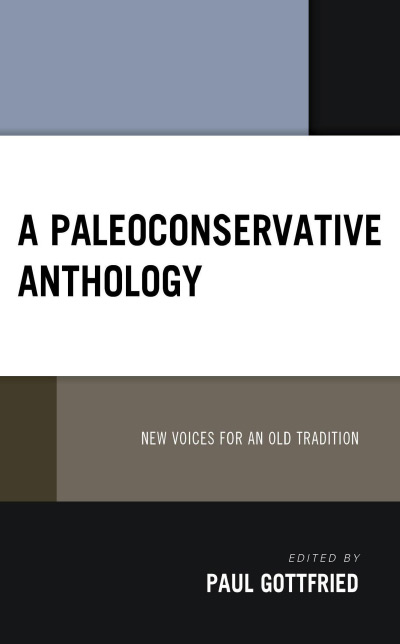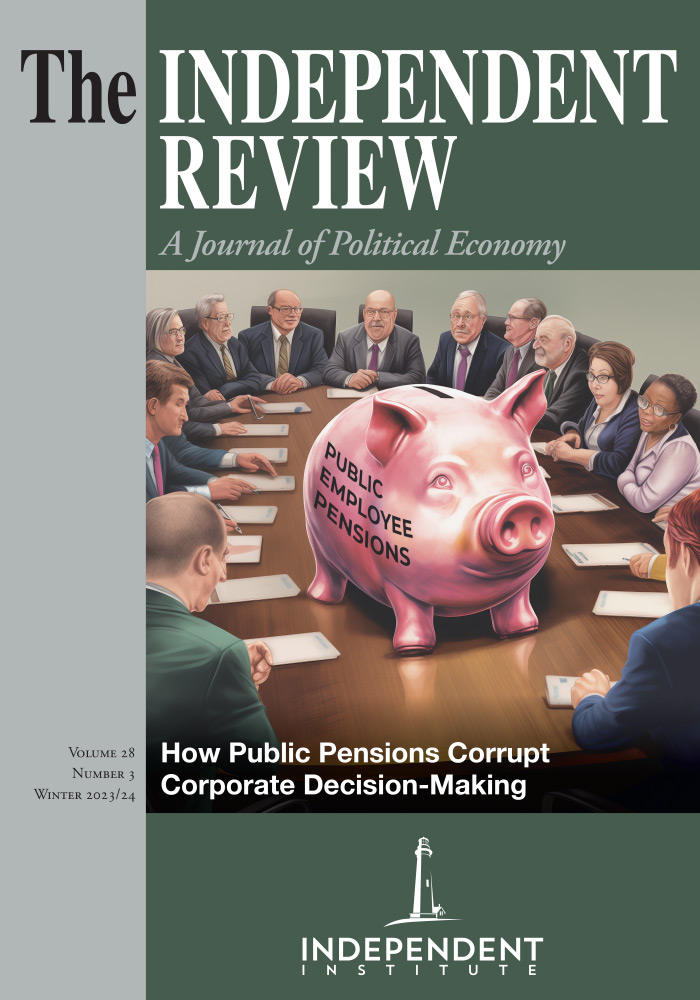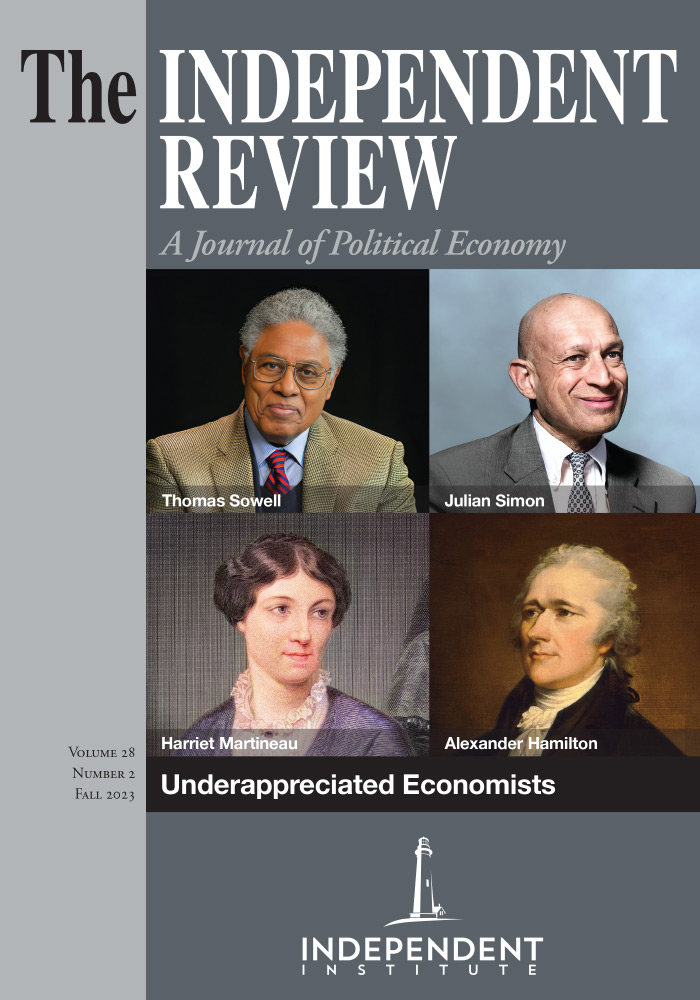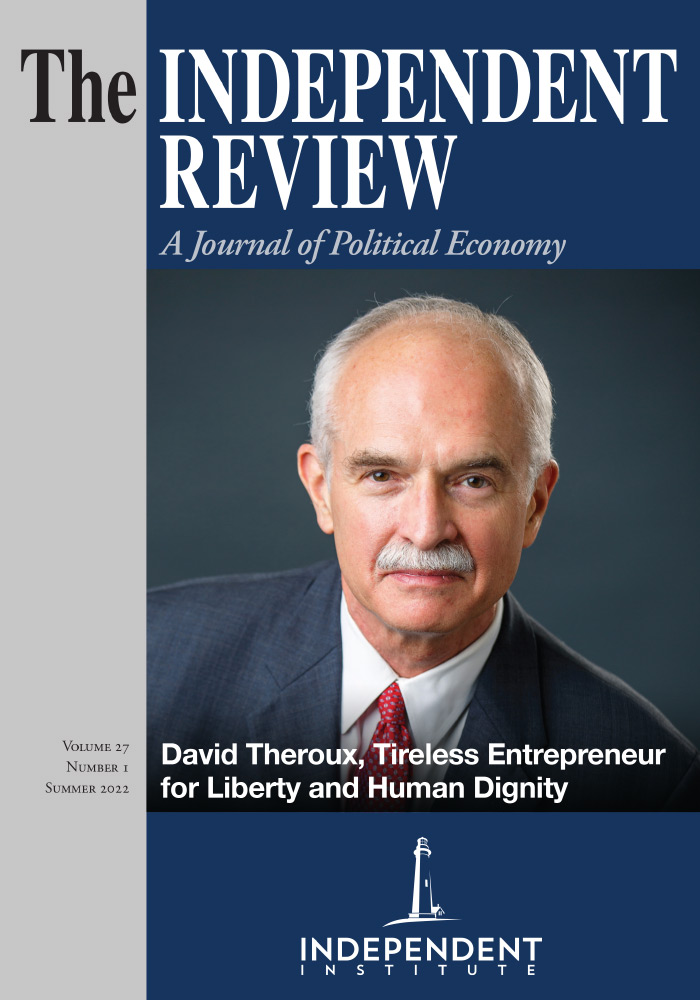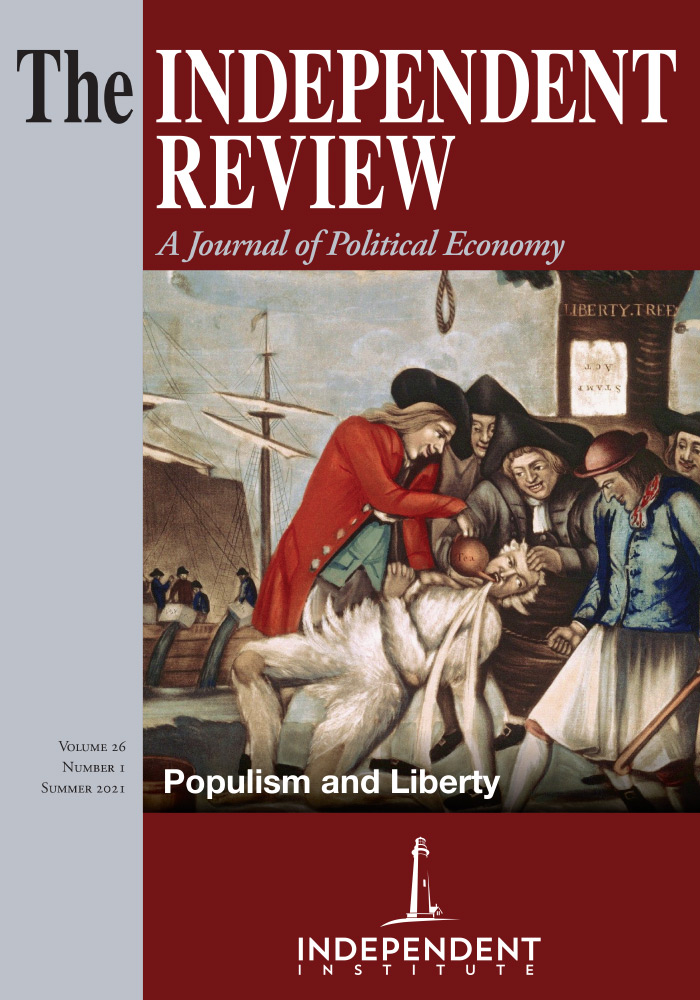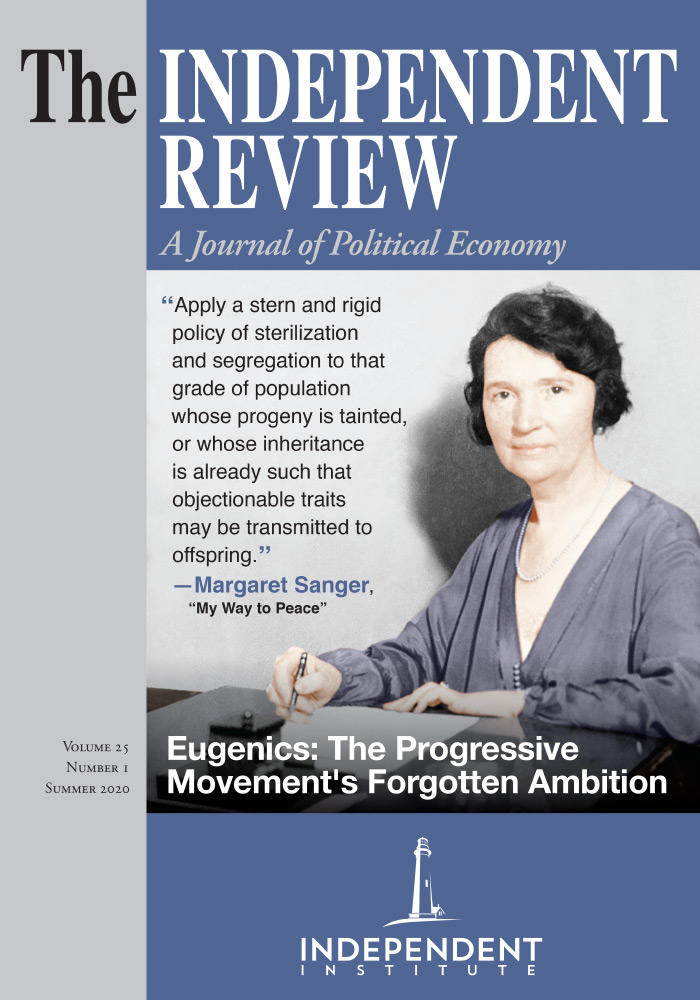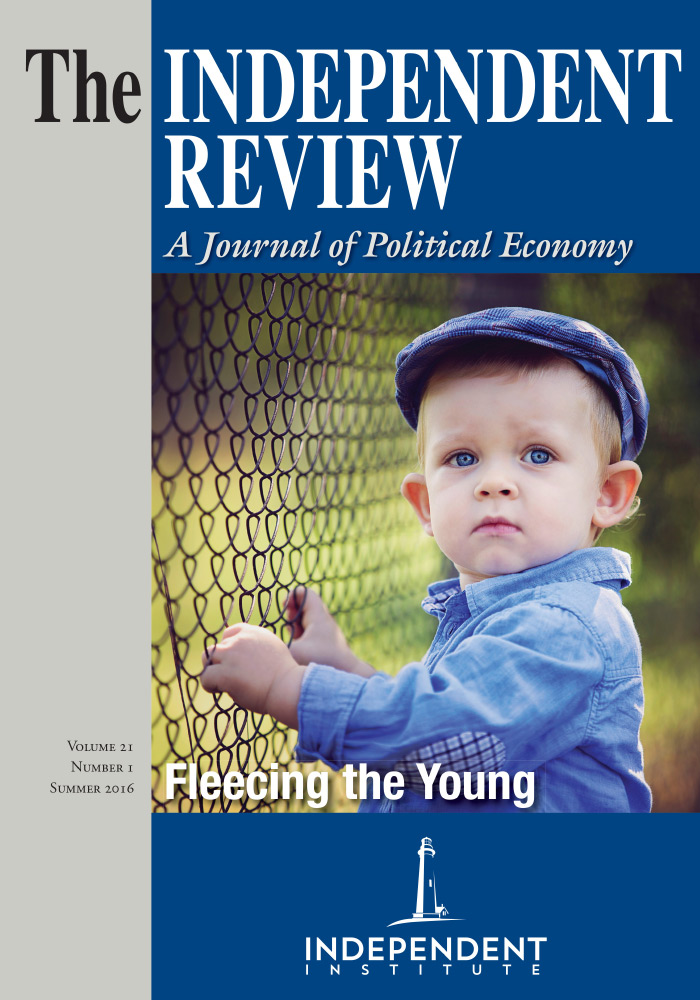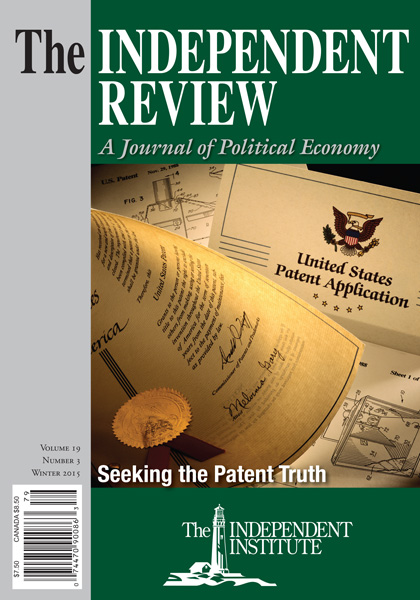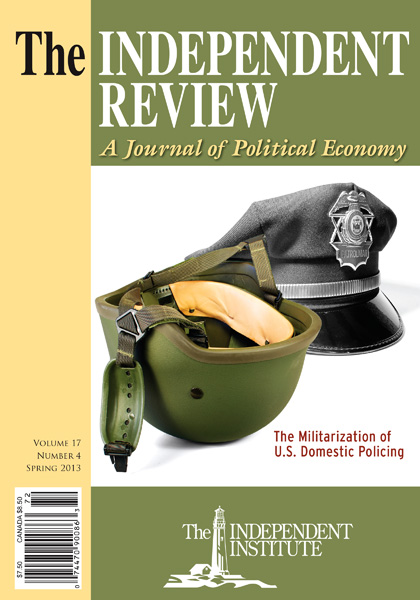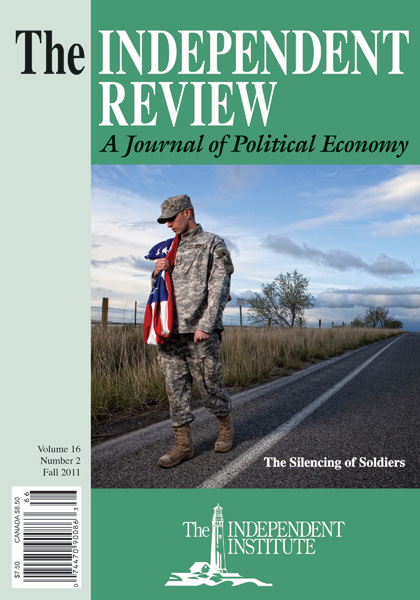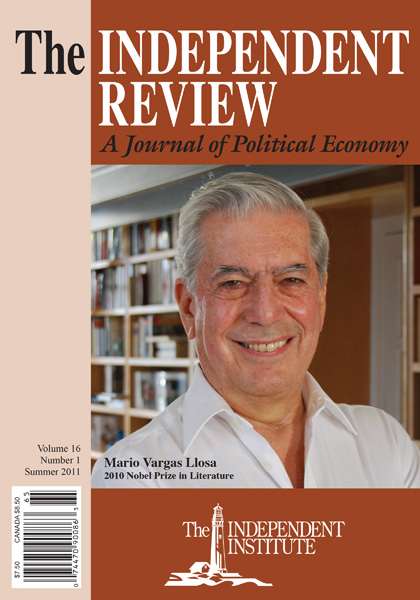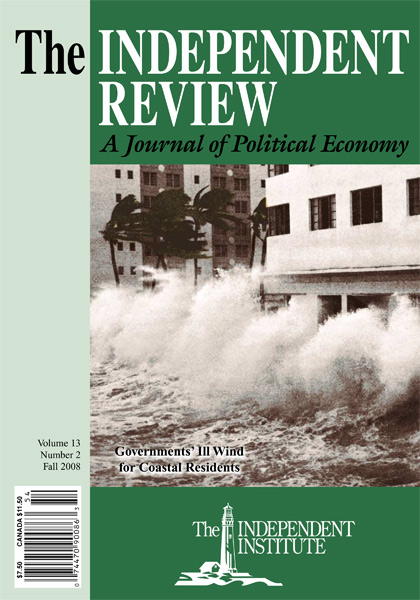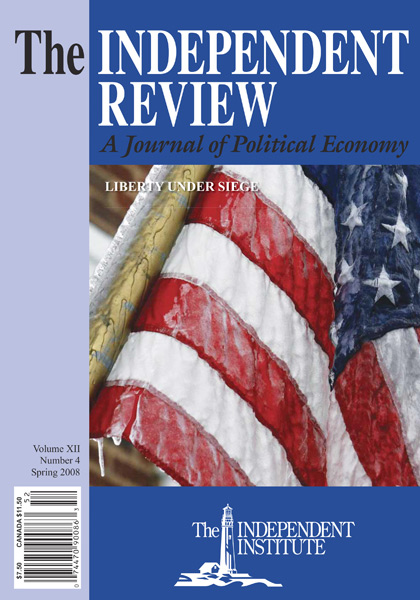Paul Gottried and Lexington Books have done all thinking citizens a service by providing an anthology articulating a true alternative to our current political status quo. As the subtitle indicates, this book is a collection of essays by thirteen contemporary political philosophers, historians, academics, and journalists. On the one hand, it features a weakness of such anthologies by not systematically advancing a continuous unified line of thought. At the same time, it is an accurate reflection of the multifaceted paleoconservative movement. A Paleoconservative Anthology is not a critical assessment, but rather a polemic seeking to advance the cause of paleoconservatism as an alternative to both the dominant establishment conservatism and the recently dominant neoconservatism.
The nature of this anthology makes Paul Gottfried’s introduction indispensable for contextualizing the following chapters. His helpful summary of the various strands and themes of paleoconservatism is important because, as he notes, “Paleoconservatives represent a far wider variety of thought than does the more visible and better financed conservative establishment” (p. 1).
Gottfried helpfully identifies and explains five convictions that unite paleoconservatives. They are all convinced that Western society is currently and firmly on the road to social and political perdition. They further understand that this decline began long ago and has a long history. Paleoconservatives perceive that the promotion of such social and cultural destruction is not accidental, but rather is a purposeful effort on the part of the Progressive Left to either liquidate or radically transfigure middle-class Christian society. Paleoconservatives further disdain egalitarianism, believing that traditional hierarchies are naturally found in families and communities. Finally, they share a view of the good society as an organic tapestry interwoven with traditional social relationships. Because of all of this, paleoconservatives eschew the modern administrative state, which is the chief tool used to uproot and burn the good society, while attempting to create and build a radically egalitarian, utopian social construct on its ashes.
As one would expect with a political philosophy rooted in tradition, this anthology provides a helpful introduction to some intellectual ancestors of contemporary paleoconservatives. There are chapters devoted to the political and social thought of Sam Francis and the life, work, and significance of Richard Weaver, one of the most prominent students of the Southern Agrarians at Vanderbilt. Here the authors successfully do what good anthologies do. They make the reader want to learn more about those introduced.
Paleoconservatives are clearly dissatisfied with the contemporary political and social landscape. An important virtue of this book is that it provides an honest assessment of the failure of conservatism and the triumph of liberal progressivism. Keith Preston provides a clarifying account of conservatism’s major transition from the Old Right to what passes as conservatism today, documenting the battles paleoconservatives have had with both mainstream post–World War II conservatives, such as William F. Buckley, and Neoconservatives such as Irving Kristol and Norman Podhoretz. Carl F. Horowitz unromantically assesses what he calls the “Myth of the Reagan Revolution,” noting that in retrospect, Reagan’s legacy featured a few conservative blips in an otherwise trend of advancing leftism. When neoconservatives successfully got Mel Bradford, Weaver’s most prominent student, removed from consideration for chair of the National Endowment for the Humanities, paleoconservatives galvanized into self-consciously appealing to older conservative traditions in opposition to the increased centralization, forced uniformity of thought, and international interventionism promoted by neocons.
Political philosopher David Azerrad notes that conservatism’s failure has been complete. Not a single federal government department or agency of any consequence has been scaled down or eliminated since modern conservatism declared its war against big government. Both mainstream and neo-conservatism have been weighed in the scales and found wanting.
Neither, however, do paleoconservatives look to libertarianism as a viable alternative. C. J. Engle argues that libertarianism must be rejected because it lacks the conviction necessary to preserve the good society, rejecting a priori social bonds of family and community, instead emphasizing individual choice to the point of viewing all societies as mere human constructs. Libertarians also too cavalierly eschew politics. Defenders of the good society cannot live and let live because leftists will not let us. Totalitarian destroyers can only be opposed with political force. Libertarians are pronounced guilty of passively letting Middle America decline through globalist free-trade policy that destroys jobs and wages, while the Left dismantles the social structures preventing the rise of a managerial elite overseeing the administrative state.
In explaining the impotence of conservatism, Azerrad emphasizes the importance of capital and institutions for the propagation of ideas. Too often power trumps good ideas. For good ideas to triumph, their creators and advocates need an infrastructure and outlets supporting their development and dissemination. For good ideas to really have positive consequences, Francis further argued they need to energize a political base interested in gaining and wisely exercising political, social, and economic power.
What, then, needs to be done? Paleoconservatives call for a radical turning back to a Jeffersonian strict-constructionist Constitutionalism instead of the current living-document-make-it-up-as-you-go-along-ism demonstrated in decisions as disparate as Roe v. Wade and Obergefell. We furthermore need jurisprudence guided by laws that protect and defend the right to life and property rather than the personal whims of judges seeking to remake society.
Likewise, paleoconservatives call for a radical transformation in both foreign policy and approach to national security. Preston argues for national defense to be just that—a defense of the nation, as opposed to the endless military interventionism defending so-called national interests. Wayne Allensworth raises fundamental questions almost no one wants to ask, let alone attempt to answer. Can we have national interests or security without having a nation? If we allow fully open borders, what are we, in fact, trying to secure?
Another virtue of this anthology is correctly identifying the political pickle we are in. What society needs is genuine freedom, however, too many citizens are economically dependent on the state in one form or another. People will have to act on principle rather than in their short run economic interest. It is not clear that we have the character to do so. The necessary radical reform seems impossible.
It comes as no surprise that there are several points of contention within paleoconservatism’s veil. Perhaps the most striking point of tension within the movement regards the right to property. On the one hand, Jeffersonian Constitutionalism incorporates a libertarian strain into paleoconservative thought. At the same time, often there is a lack of appreciation for the free economy built on the right to property. In this volume, we find several swipes at free trade and implied endorsements of protectionism. Usually, such criticism is wrapped in underspecified criticism of underdefined neoliberalism. On this point, paleoconservative rhetoric is frankly muddled.
Paleoconservative critics of libertarian affection for free markets overstate their case when they assert that libertarians emphasize the importance of the individual to the exclusion of normal social relationships. It is helpful for libertarians to be confronted with social and political realities, especially if defending the good society requires fundamental legal change. However, it also behooves paleoconservatives to be confronted with economic realities if they do indeed hope to achieve and maintain a good society that can materially support families and other aspects of civilization.
It is a fact that free markets allow for human flourishing by promoting life, prosperity, and civilization. Each of the engines of prosperity—the market division of labor, capital accumulation, technological advance, and entrepreneurial enterprise—requires private property and sound money to function at their best.
Free international trade is merely one manifestation of voluntary exchange allowed and encouraged by a society that embraces private property. If it is okay for someone in a small town to trade with someone else across town or someone in another state, why is it necessarily suspect to engage in a voluntary trade with a seller who happens to live in France or Ethiopia or China? The term neoliberalism often seems to refer to corporate cronyism, rather than a free market. This begs for more specified analysis by paleoconservatives of this economic phenomenon.
Another fact is that there is an underlying solidarity for all mankind. All people are made in God’s image, so all are moral creatures who do have a level of dignity by that fact alone. Moral law, both natural and Divine, reveal that people do have a certain right to life and property, enabling us to evaluate received tradition. Paleoconservatives need to digest this reality, because we are already in a world where received tradition regarding family and society is increasingly atomistic and more acquiescent to the managerial state than it is paleoconservative. The solution, therefore, is not merely to embrace contemporary traditions, but to radically analyze contemporary culture and work for a solution that is sustainable. That will require more than politics. Any political victory that is not reflective of ideological support by a critical mass of the populace will be short-lived at best.
Embracing liberty does not require embracing an abstract cosmopolitanism, or overturning existing traditions, customs, or social rules. Liberty, as libertarians Murray Rothbard and Lord Acton note, is the highest political end, not the chief end of man. In fact, in a free society, people are enabled to serve in the preexisting families, churches, and other civic organizations they are born into without interference from the administrative state.
Nevertheless, this bookis a very welcome contribution to contemporary social and political thought. It explains what paleoconservatism is, how it got here, and why it is relevant for those who know themselves to be weary of the contemporary social, economic, and political culture in which we swim. It is highly recommended for those who are by nature politically, morally, and spiritually conservative but are dissatisfied by the ineffectual conservative mainstream. I suggest it would also benefit self-conscious libertarians to hear and evaluate the points of debate raised. At the very least it should knock off some intellectual cobwebs.



